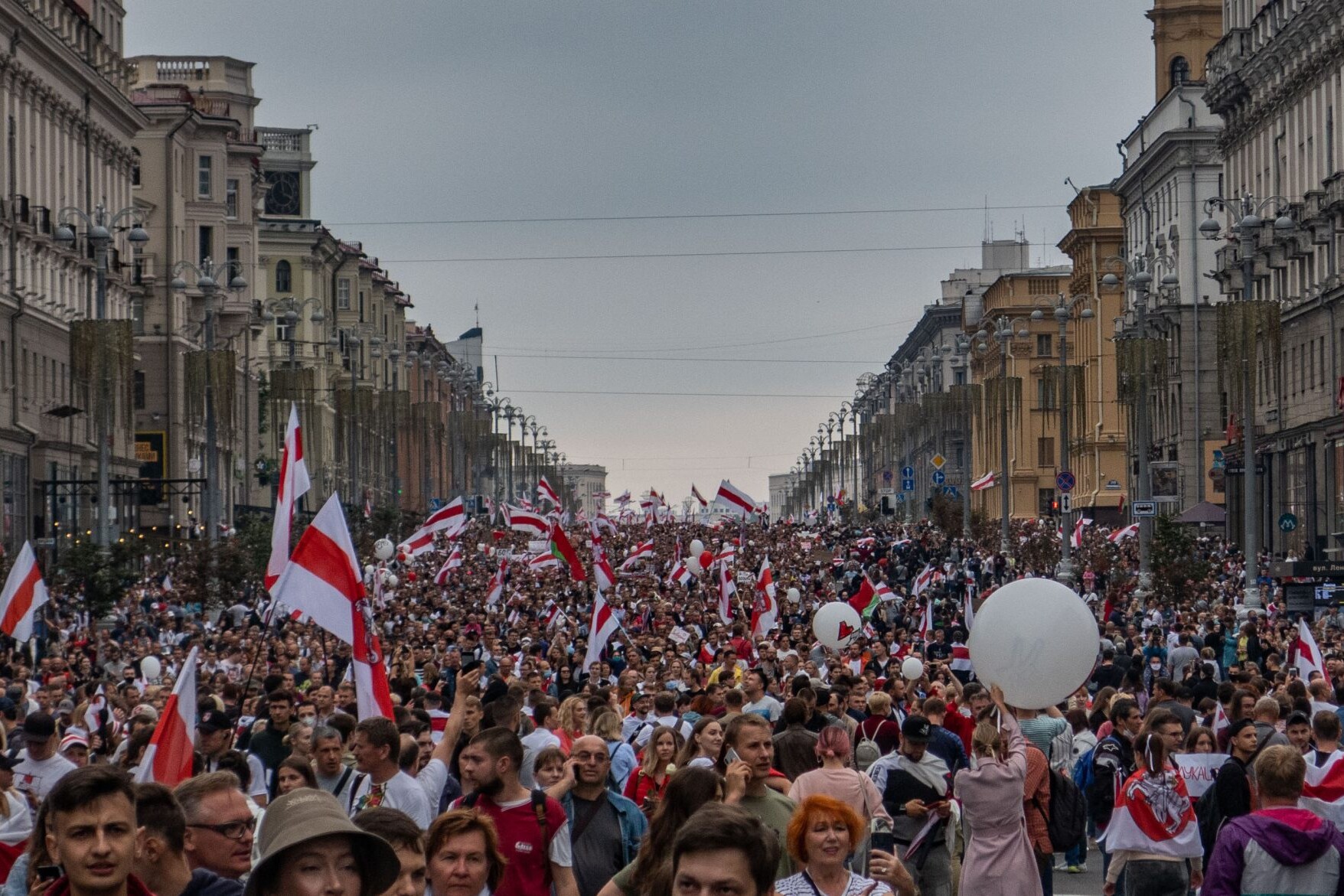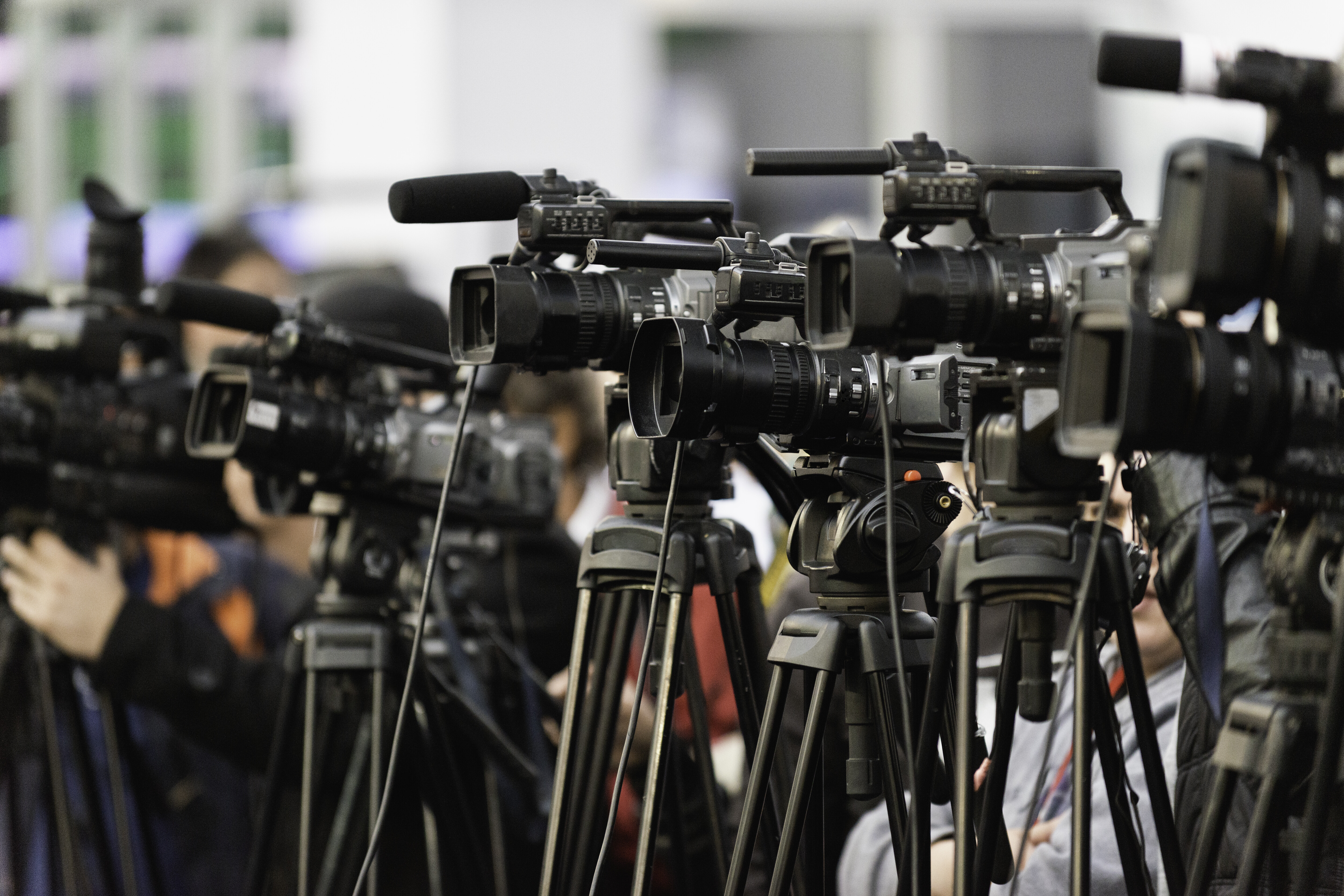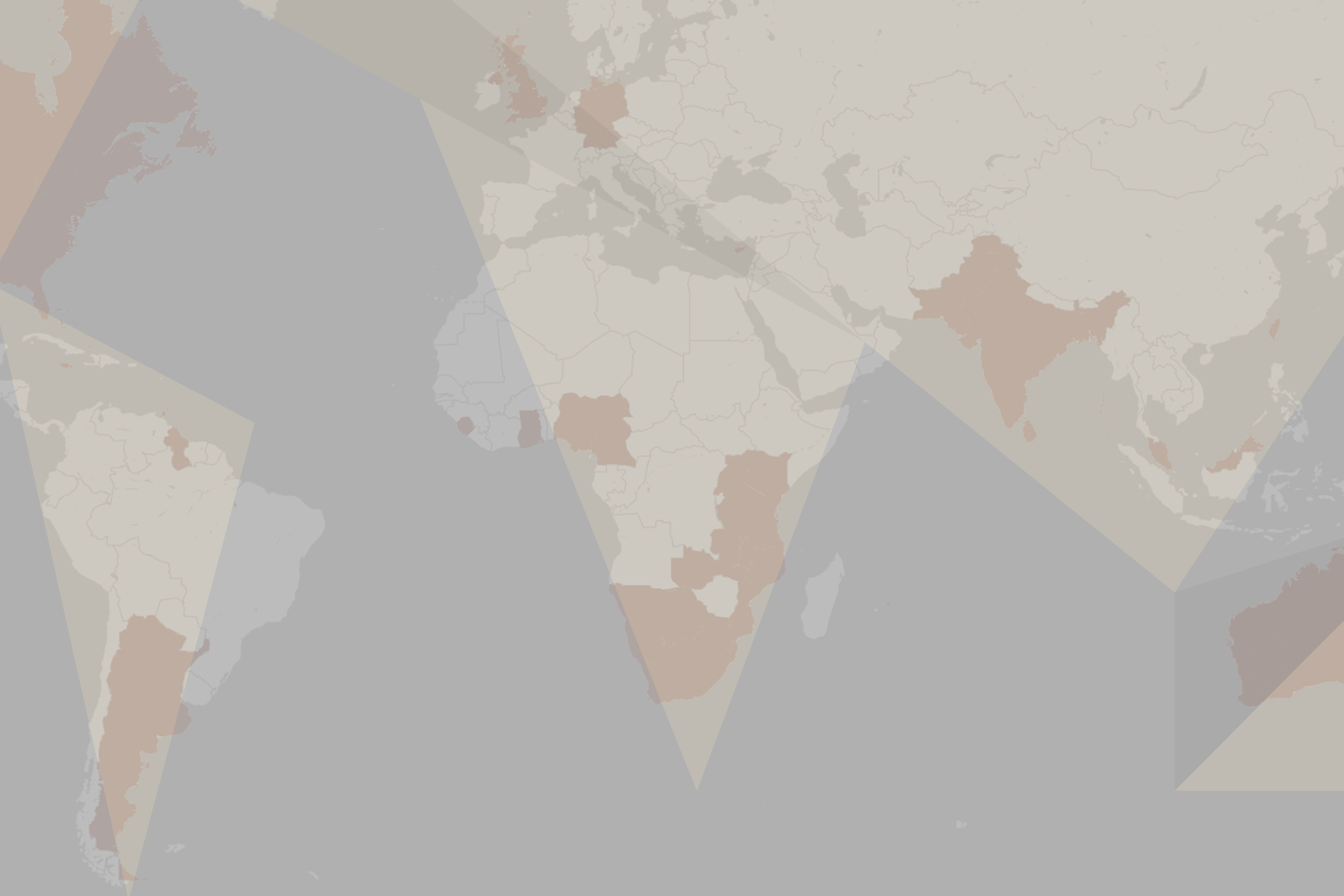Tanzania’s general election takes place in two days’ time. But how are draconian restrictions on independent media and freedom of expression compromising the democratic process?
Tanzania’s general election is due to take place on 28 October but in the months leading up to it, the media sector has been punctuated with suspensions, sanctions and even temporary bans – some of which have been under the pretext of their critical COVID-19 coverage. Recently enacted laws also pose grave threats to media pluralism as online speech is regulated and local media outlets are told that they cannot broadcast foreign content without seeking prior permission from the government.
These developments have predominantly been at the whim of the Tanzania Communications Regulatory Authority (TCRA), which self-defines as a “quasi-independent Government body responsible for regulating the Communications and Broadcasting sectors in Tanzania.” In reality, journalists and media workers believe that the “TCRA has moved beyond a regulator and taken on a seemingly censorious role.” These are the words of Maria Sarungi-Tsehai, Director of independent network, Kwanza Online TV, who explained her experience of reporting under the Magufuli administration to the Committee to Protect Journalists (CPJ). In July, the TCRA announced that it was suspending Kwanza Online TV for 11 months for criticising the government’s response to COVID-19. The outlet has often reported critically of President John Magufuli.
In the same report, CPJ spoke with a dozen other journalists – several wanted to maintain anonymity – who highlighted the various challenges that they face when attempting to provide fair and balanced coverage. As the Washington Post reported: “Speaking publicly on any topic that the administration has deemed sensitive can lead to a media outlet’s deregistration or a critic’s imprisonment.”
In late August, the TCRA issued a seven-day suspension on Clouds FM and its sister TV station, Clouds TV, for broadcasting election statistics that had not been approved by the National Electoral Commission (NEC). According to James Kilaba, the TCRA Director-General, the stations’ actions violated broadcasting laws on election coverage. Consequently, the stations were ordered to remove their scheduled programming and air an apology for the rest of 27 August, before the ban started on 28 August.
Last week, the Media Institute of Southern Africa (MISA), Zimbabwe chapter, also voiced their concerns about the gradual decline in media freedom in Tanzania:
“MISA Zimbabwe cannot overemphasise the importance of allowing the media to operate freely in the run-up to, during and after elections so that voters are able to make informed decisions and choices. These are the tenets of democracy.”
As a number of countries approach elections during a global pandemic, ensuring that citizens have access to sources of accurate, quality and impartial information has never been so important. Yet the escalating clampdown on media pluralism and independent media ahead of Tanzania’s upcoming election goes against these core democratic principles, while fear of reprisals and intimidation only serves to inspire self-censorship among journalists.
The Public Media Alliance calls on the Tanzanian government to stop compromising the democratic process and urgently cease their attacks on press freedom, freedom of expression and the right to access of information ahead of the election and beyond.
Header Image: Hand with microphone tied with rope, depicting the idea of freedom of the press, idea of the repression of the mass media or freedom of expression. Credit: natasaadzic/iStock
Related Posts
19th August 2020
Tanzania: Regulator poses tighter restrictions on media
There are serious concerns that new…


